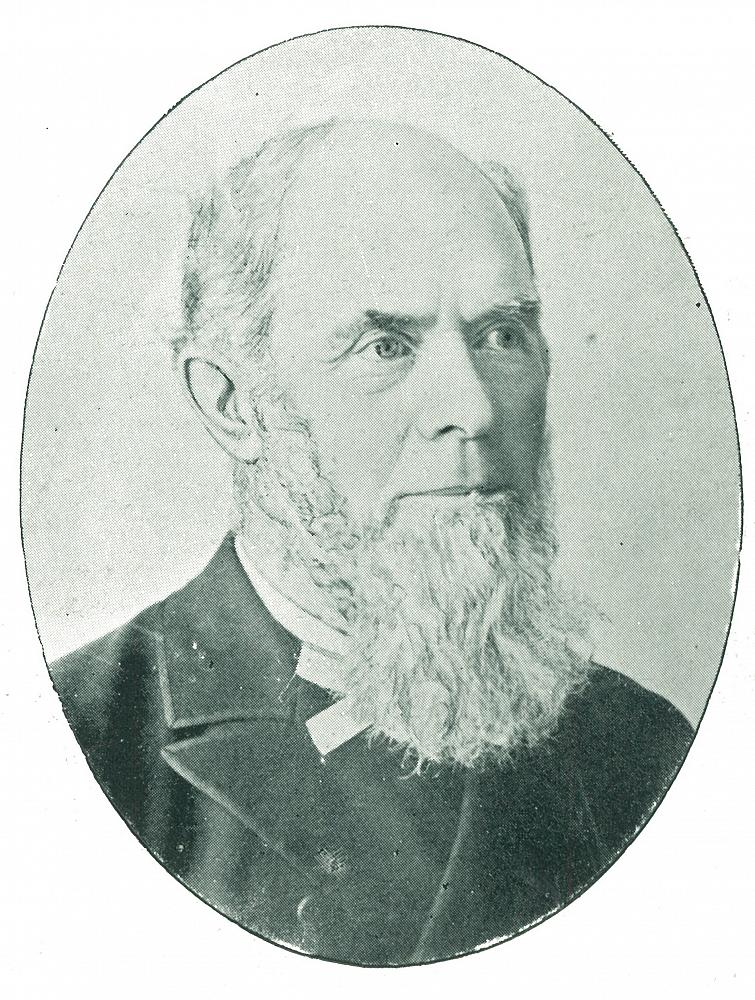
By Choice a Methodist
Alexander Reid – 1821-1891
In this series of historical reflections there have not been many celebrations of a bicentenary. This month such a date occurs, recalling the birth of one of the most eminent of the leaders of Victorian New Zealand Methodism, Alexander Reid. In many ways, his story typifies the nature of Methodism in this country – conforming to no standard pattern and, as a result, helping to create a denomination which, typically accepts variety. Even today, it would be inaccurate (and unfair) to suggest there is a stereotypical Methodist.
Alexander was a Scotsman, born at Granton, near Edinburgh in late November 1821. Despite what his newspaper obituary said, he was by birth and education a Presbyterian. His father was a carter, and later an agricultural labourer. His early education, such as it was, was at the local day school, though he took night classes after he started working in horticulture and forestry in his teens. Again, his obituary is misleading as he first responded to the call to ministry by attending Dr David Stow’s Free Church Normal Seminary at Glasgow from 1842 to 1845. That led to his becoming a teacher at Glasgow and then at Bath at the Wesleyan Day School. It was at this time that he committed himself to the Methodist Church and was accepted as a candidate. For six months he was in supply ministry at Perth.
He was ordained prior to leaving for New Zealand. He arrived in Auckland in early 1849 with J H Fletcher, another young minister destined for education. Though a probationer, he was appointed headmaster at Three Kings College, where the Grafton College for Māori students had been moved. He was there for nearly 10 years. He was, as a matter of course, received into Full Connexion in 1854.
For six years he regarded himself as a missionary to the Māori. While primarily based at Te Kopua, he travelled widely, spending time in the north at both Hokianga and Kaipara. The outbreak of the Land Wars put an end to this part of his ministry, though he strongly resisted the instruction to move back to Auckland. He did so largely at the behest of the Māori leaders in the Waipa region. It was said that these leaders esteemed him for his outstanding knowledge of te reo and of Maoritanga. One rangatira said that he spoke to them as “Māori to Māori”. Whatever that might mean, it is a high compliment.
For the remainder of his ministry he moved, as one of the most senior leaders of the church, around the country. At New Plymouth his first wife, Georgina, who he had married at Bath in 1825 died. He married Sarah Kingcome in 1866. He then moved between Christchurch, Dunedin, Auckland, and Wellington. He was President of Conference, represented New Zealand Methodism at the Ecumenical Congress in London in 1881, was a member of the Auckland University College Senate, and finally spent six years as Principal of Wesley College, until his death in August 1891.
Few men in the history of the Methodist Church in New Zealand in the 19th century so appropriately carried the burden of high office. He was a man of his time and helped, as much as any of his colleagues to establish a truly national and connexional Church.
by Rev Donald Phillips
